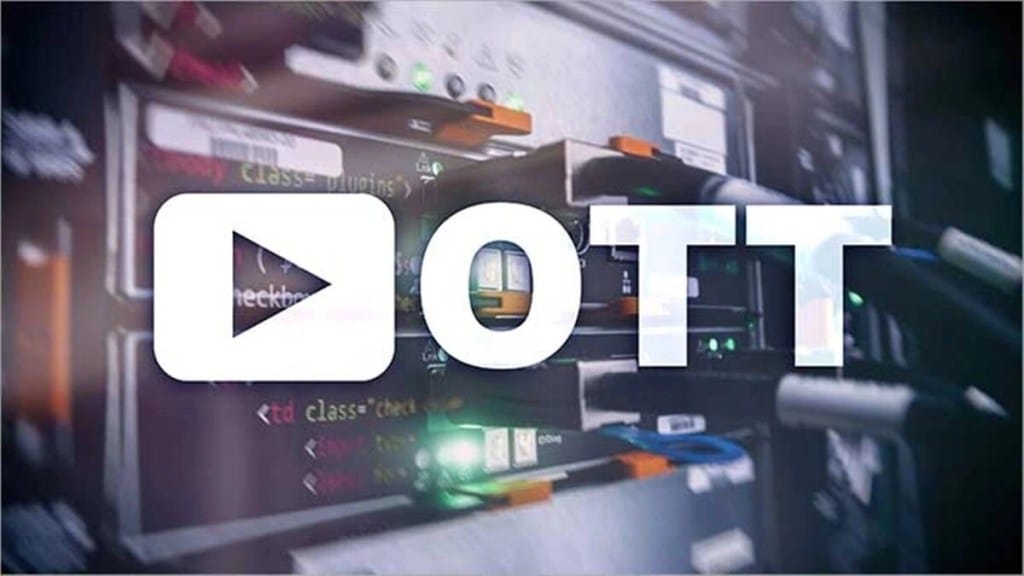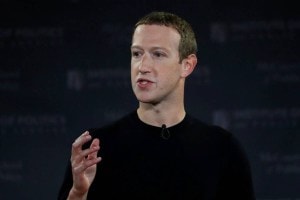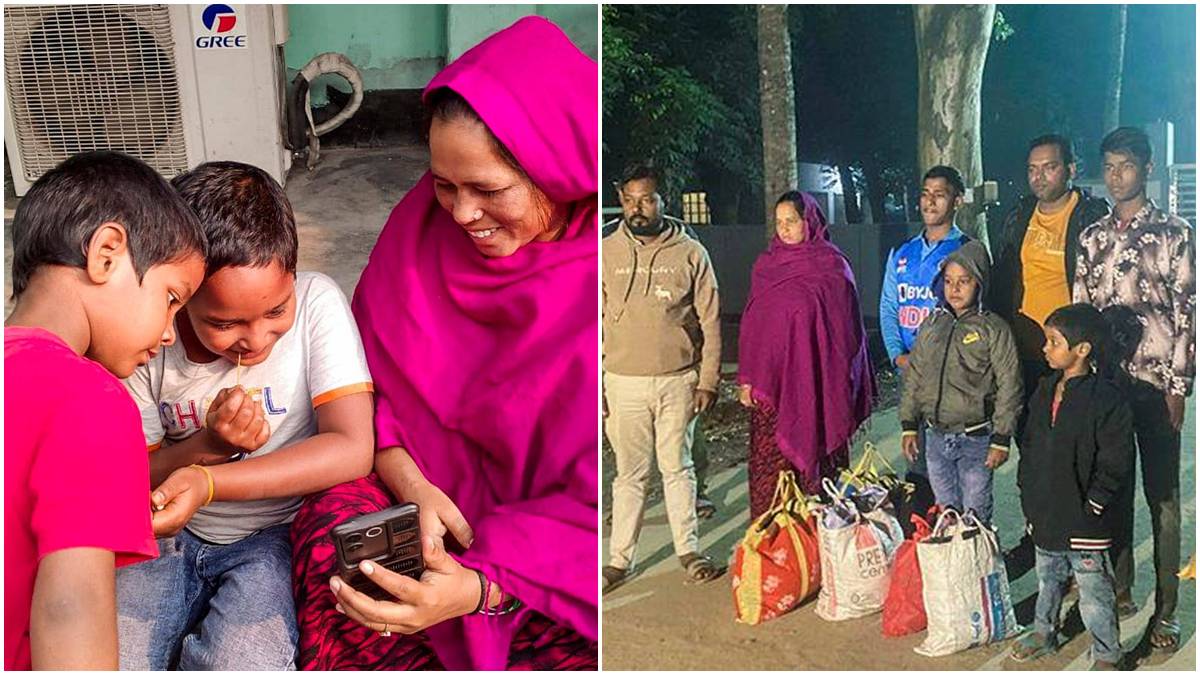At a time when the consultation process for the draft Telecom Bill is going on, the Cellular Operators Association of India (COAI) is strongly batting for regulation of OTT communication apps like WhatsApp, Telegram, Signal, etc. SP Kochhar, director-general of COAI, in an interview with FE’s Jatin Grover says that everybody who provides similar services should be treated in a similar manner, and if the government feels that the licensing, security regime, etc are no longer valid, even the telecom operators should be freed from the burden of complying with such regulations. Excerpts:
Why are the telcos batting strongly for regulation of OTT communication apps?
5G could pose a big cybersecurity risk if not handled properly. So if we say that these OTT platforms don’t have to disclose anything, then it’s a security risk. If the government feels that the security-related regulations are not important and should not be applicable to all communication related tools, then even telcos should be kept out of them. It can’t be a case where these rules apply to telcos but not to OTTs, when both provide the same services.
Also Read: Hey Samsung, the first foldable iPhone is here, but it’s not made by Apple
OTT service providers say they are different from telcos and operate on a different layer.
They are creating confusion by using technical jargon, like saying OTT communication is over the application layer and telecom is over the network layer. The network layer does not give any communications by the way. The calls which emanate are also on the application layer. So OTTs as well as telcos provide calls, videos on the same layer and both are exposed to the same security risks. So it’s not fair to subject one to regulations and leave the other free from such encumbrances.
In your view, how should the OTT platforms be regulated?
We have urged the government to define OTT services. Currently there’s no definition as to what’s an OTT service and what’s not. By definition, we also mean differentiating between OTT communication services and other forms of OTT services. For example, Netflix, which streams movies and shows, does not have any national security implications, so should not be brought under security-related regulations, as it is a broadcast service. But apps through which calls can be made are communication services, and security-related and other similar guidelines which apply to telcos should apply to them also.
People say if the government regulates OTT communications services, their privacy will be at risk because the encryption may have to be broken where required. Your views.
There’s no threat to lawful users. Encryption needs to be broken only in cases where lawful interceptions are made on the basis of a set of guidelines with due approvals. It does not mean that the government just plugs in and listens to every conversation of every other person.








